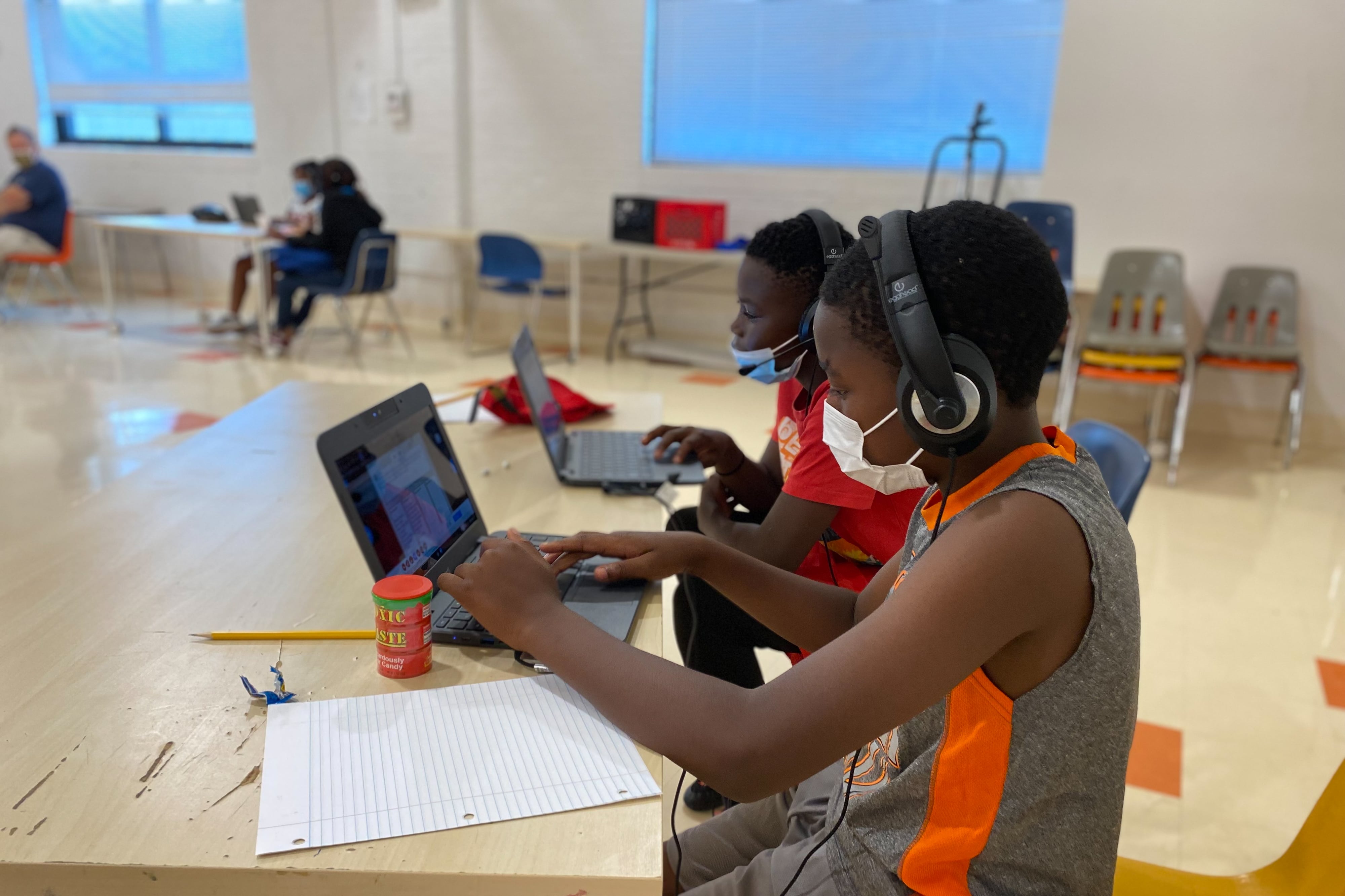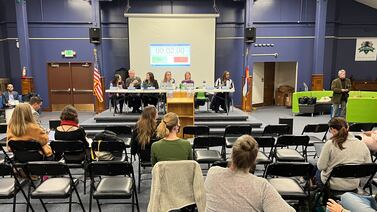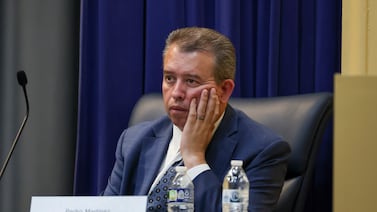A group of Indiana education leaders is calling for the state to act urgently to address academic disparities for Black students.
The NAACP, along with state and school leaders, released a report Thursday with a vision of education for Black students and how to realize it.
“Indiana Black Academic Excellence” highlights a stark drop-off in state testing scores for Black students from third grade — when 75% pass the state reading assessment — to 10th grade — when just 25% do. Achievement rates for Black students are consistently lower than for other demographic groups.
“Our state cannot be content with celebrating the achievement success of Black students who are deemed proficient. Nor should we be surprised that these high-performing students were capable of somehow overcoming the odds that block success,” the report says. “This success is what we should expect for all students.”
The plan begins with four key steps, including hiring an educational equity officer at the Indiana Department of Education, and making statewide achievement data more accessible to parents and community members.
It further recommends 15 strategies to close achievement and opportunity gaps for Black students, from providing equitable school funding to mandating full-day kindergarten, as well as hiring more teachers from underrepresented backgrounds, and prioritizing cultural competency practices.
The group aims its far-reaching recommendations to get decision makers at various levels to work toward a common goal, said Gwendolyn Kelley, an education researcher.
“We believe that by paying particular attention to Black students, it will make a difference for all students,” Kelley said.
Speaking at the launch, Rep. Greg Porter (D-Indianapolis) said lawmakers needed to do their part to create an equitable funding formula and expand preschool programs.
“We have talked about early learning for decades,” Porter said. “The results are in. We just need to fund it.”
Porter also urged the state and Gov. Eric Holcomb to use some of Indiana’s surplus funds to establish an education trust fund for students from marginalized backgrounds.
Carole Craig, an education consultant and former education chair for the NAACP, said Indiana also needed to clearly state that racial equity was a priority.
“If that is not done, everything continues as is, which means that we don’t make it an emphasis and urgency that we will no longer have those students at the bottom,” Craig said.
The NAACP next will hold meetings with community members and schools to promote the plan.
Aleksandra Appleton covers Indiana education policy and writes about K-12 schools across the state. Contact her at aappleton@chalkbeat.org.







